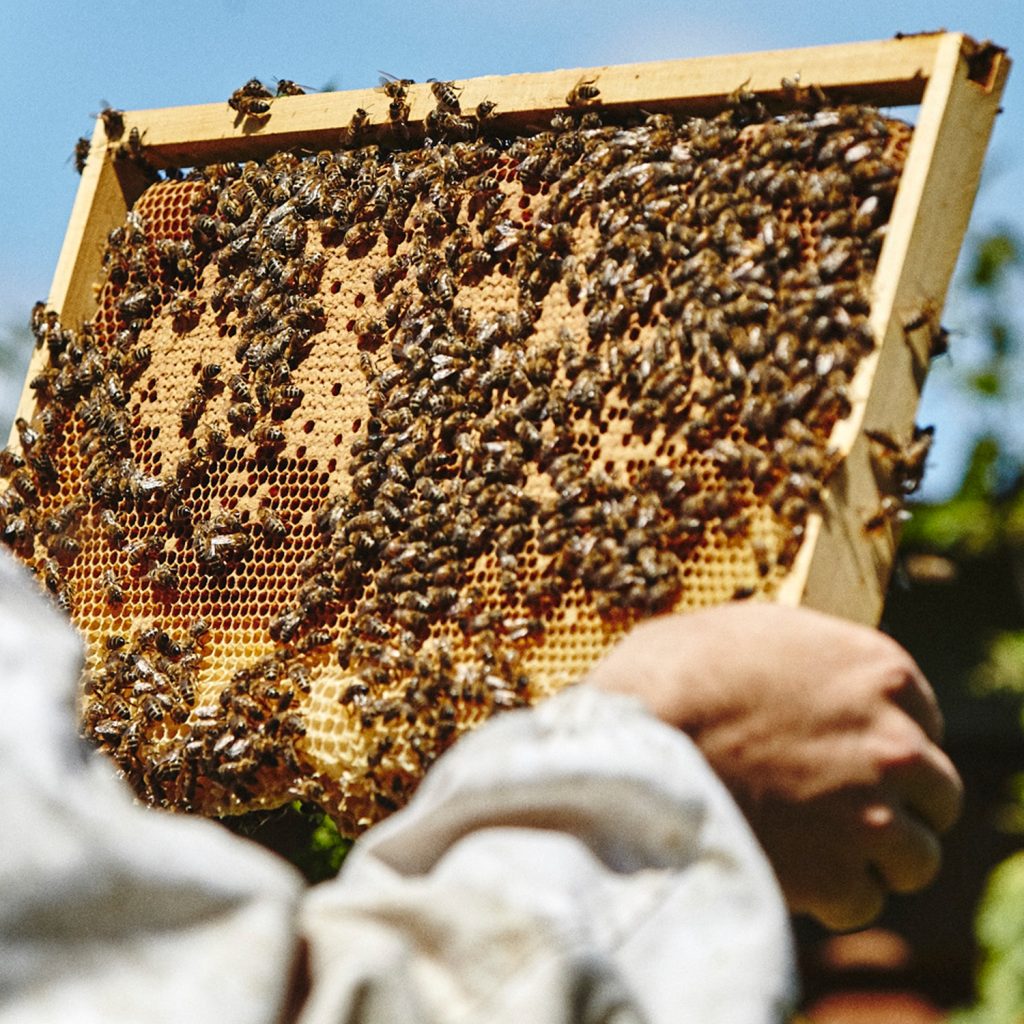The accessibility to bees on the market represents an essential position in promoting agriculture, biodiversity, and environment health. Beekeeping has long been acknowledged as vital for pollinating crops, ensuring food safety, and sustaining balanced ecosystems. As such, the sale of bees provides a varied range of clients, from industrial farmers to hobbyist beekeepers and also conservationists. These bees are not just commodities; they are necessary contributors to international food generation and environmental sustainability.
Bee income encompass different species, with baby bees being the most generally traded. But, indigenous bee species like bumblebees and solitary bees will also be significantly wanted after for their pollination services. The range in bee species designed for purchase shows the growing recognition of their own benefits to ecosystems and the need to support many different pollinators for extensive agricultural and ecological health.
The procedure of selling bees involves more than handing over a hive; responsible suppliers prioritize the and welfare of these colonies. This entails reproduction bees for attractive attributes such as illness resistance, darling creation, and docility. Moreover, dependable retailers offer advice and support to consumers, particularly newcomers to beekeeping, to ensure they’ve the knowledge and assets needed seriously to look after their bees effectively.
Regional bee revenue are particularly important for maintaining regional biodiversity and ecosystem resilience. When customers obtain bees from regional manufacturers, they’re investing in bees adapted to the specific climatic and environmental problems of their region. This localized approach not just supports the genetic range of bee populations but also reduces the danger of presenting intrusive species or diseases from different regions.
The purchase of bees runs beyond simple transactions; it fosters a sense of community and relationship among beekeepers, farmers, and environmental enthusiasts. Many bee providers coordinate workshops, instruction periods, and community functions to inform clients and promote most useful practices in beekeeping and pollinator conservation. These initiatives support build a system of informed and employed people committed to encouraging bees and preserving their habitats.
Furthermore, the sale of bees plays a role in regional economies by generating income for beekeepers and promoting related industries such as for example agriculture, horticulture, and apiculture equipment manufacturing. As demand for pollination free shipping Illinois honey bee supplies remains to rise, bee income offer opportunities for economic growth and work formation in rural and cities alike.
But, the purchase of bees also raises ethical considerations, specially concerning the welfare of bees and their potential affect native ecosystems. Responsible beekeeping techniques, such as for instance infection management, hive hygiene, and habitat storage, are necessary for minimizing negative impacts and marketing the well-being of equally handled and wild bee populations.

In conclusion, the sale of bees is a complex effort that intersects agriculture, ecology, economics, and ethics. By supporting responsible bee providers, clients not only get access to necessary pollination services but additionally subscribe to the conservation of bees and the ecosystems they support. Through relationship, knowledge, and stewardship, bee sales may function as a driver for sustainable agriculture and environmental stewardship in towns worldwide.
